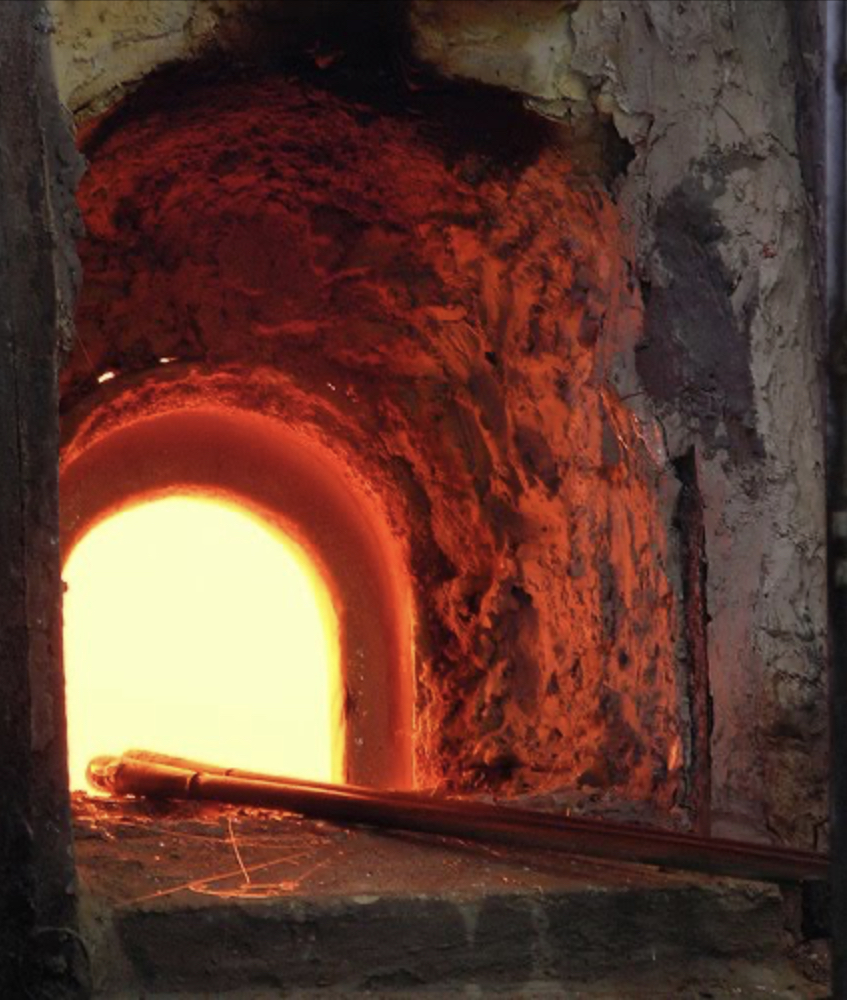Into The Furnace: Epictetus, Bushido & Being Tested
by Donavon L Riley
Life often throws us into situations where we face challenges, adversity, and uncertainty. It’s in these moments that we truly discover our strength and character. But, the question then arises: “Can we really know ourselves if we’ve never been tested?” To unravel this question, let’s turn to the wisdom of Epictetus, the Stoic philosopher, and the principles of the Bushido ethos, the way of the warrior in ancient Japan.
Epictetus’ Stoic Wisdom
Epictetus, a prominent Stoic philosopher, believed that the path to true wisdom and virtue lay in understanding and accepting what is within our control and what is not. He argued that external events are beyond our control, but our reactions and responses to them are entirely within our domain. According to Epictetus, we can never truly know ourselves until we’ve faced challenges and tested our mettle against the unpredictable forces of life.
In the Stoic tradition, adversity is seen as an opportunity for growth and self-discovery. It’s during the most challenging moments that we can examine our values, beliefs, and principles. These moments force us to confront our fears and desires, revealing the core of our character. Epictetus would argue that only through these tests can we truly know who we are.
The Bushido Ethos
Similar to the Stoic’s philosophy, the Bushido ethos, also known as the way of the warrior, is a code of conduct that guided samurai in feudal Japan. This code emphasized loyalty, honor, and self-discipline. Samurai were expected to face life-threatening situations with composure and courage, and to find meaning in the midst of adversity.
One of the key principles of Bushido is “Bushi no ichigon.” It translates to “the determination of a warrior” and encapsulates the idea that a warrior’s true worth is revealed in times of crisis. A warrior, according to Bushido, must embrace challenges and never shy away from them, for it is in these trials that their character is forged.
Into The Furnace
Now, let’s draw parallels between these two philosophies to answer the question: “Can we really know ourselves if we’ve never been tested?”
Imagine a person who has never faced any significant challenges or adversity in life. They’ve lived a comfortable and sheltered existence, shielded from the burden of hardship. According to Epictetus, this person may believe they possess certain virtues and strengths, but these remain untested and unproven.
Similarly, in the context of the Bushido ethos, a warrior who has never encountered life-threatening situations may think of themselves as honorable and courageous. However, without facing real challenges that threaten their life and values, they cannot truly embody the essence of Bushido.
It’s when we are made to carry a heavy burden that we discover the depths of our resilience, our capacity for courage, and the strength of our convictions. Just as a sword is forged in the hottest fires, our character is shaped and refined in the furnace of life’s challenges.
Pressure-Testing One’s Principles
Testing can take various forms. It can be a personal crisis, a professional setback, or a moral dilemma. It might involve facing illness, loss, or betrayal. Each challenge is an opportunity to examine our reactions and responses.
Epictetus would advise us to focus on what is within our control during these tests—our thoughts, emotions, and choices. By maintaining our composure and equanimity, we can navigate adversity with wisdom and integrity.
Second, in the Bushido tradition, facing tests means adhering to the code of honor even when it’s difficult. It involves embracing the path of the warrior, no matter how treacherous, and remaining true to one’s principles.
After The Test, Stop And Think
Both Epictetus and the Bushido code highlight the importance of self-reflection. After being tested, it’s crucial to examine our actions and attitudes. Did we respond with virtue and honor, or did we falter? What did we learn about our mindset, emotional control, and physical stamina in the process?
Through thoughtful reflection, we can refine our character and become better equipped to face future challenges. Epictetus would encourage us to continuously refine our understanding of what is truly important in life, while the Bushido ethos reminds us to maintain our commitment to honor and loyalty.
You’ve Got to Carry That Weight
In the end, the question, “Can we really know ourselves if we’ve never been tested?” invites us to recognize that life is a continuous experience of bearing one burden after another. Both Stoicism and the Bushido code remind us that we should not fear these tests and challenges but should embrace them as opportunities to become more resilient, honorable, and wise.
Whether you follow the path of the Stoic philosopher or the way of the warrior, it is in the furnace, being refined, having the dross of weakness, doubt, and pride stripped away, that you will find the answers to the question of who you truly are.
So, as you strive to walk steadily through life bearing your burdens, remember that it is through the trials and tribulations that you discover the truth about yourself and learn the depths of your character.
Tot his end, the teachings of Epictetus and the Bushido ethos converge in their emphasis on the transformative power of testing. Only when we are tested is the true nature of our character revealed and we gain insight into our strengths and weaknesses. So, welcome life’s challenges with open arms, for it is in these moments that you can truly know who you are, and who you are not.
